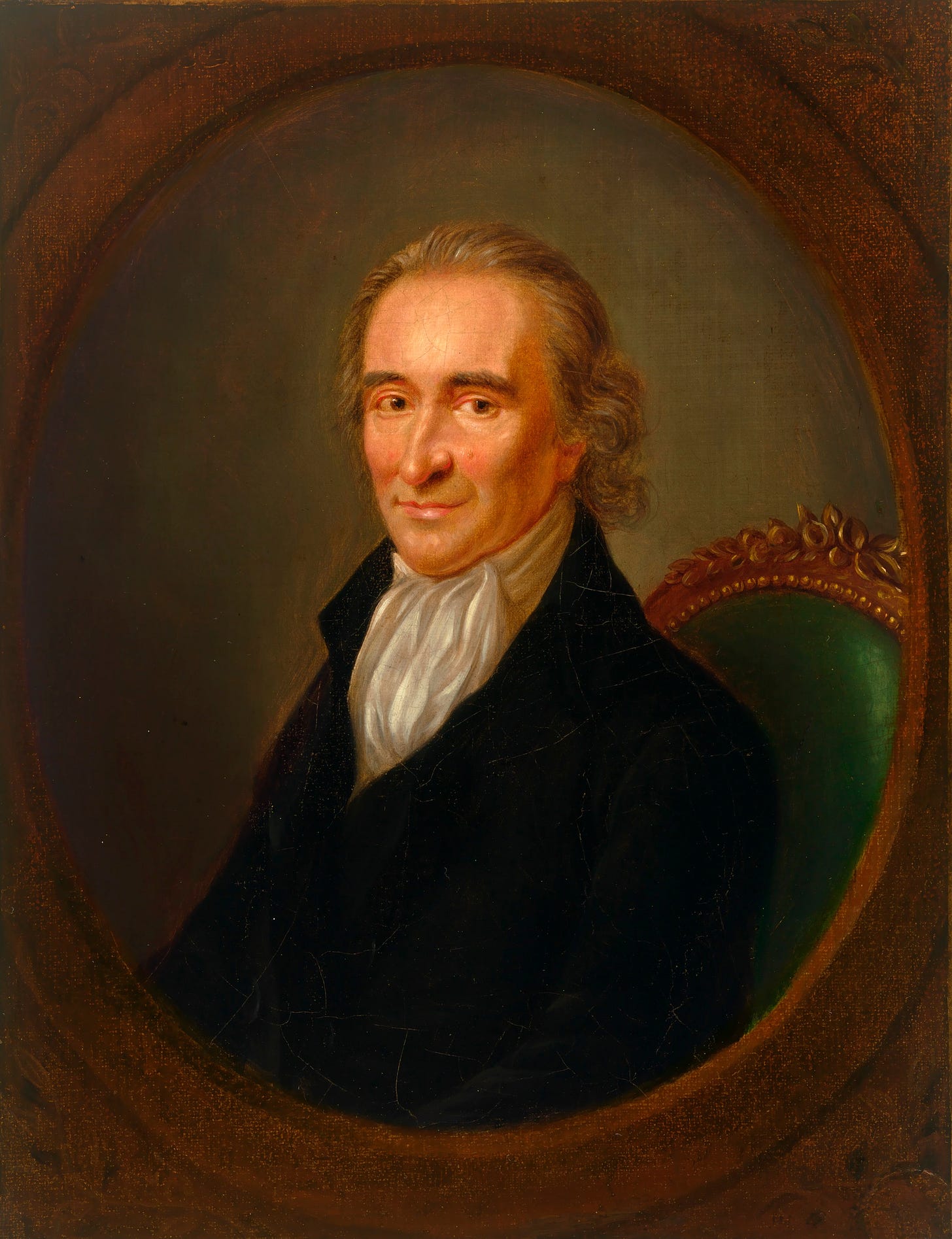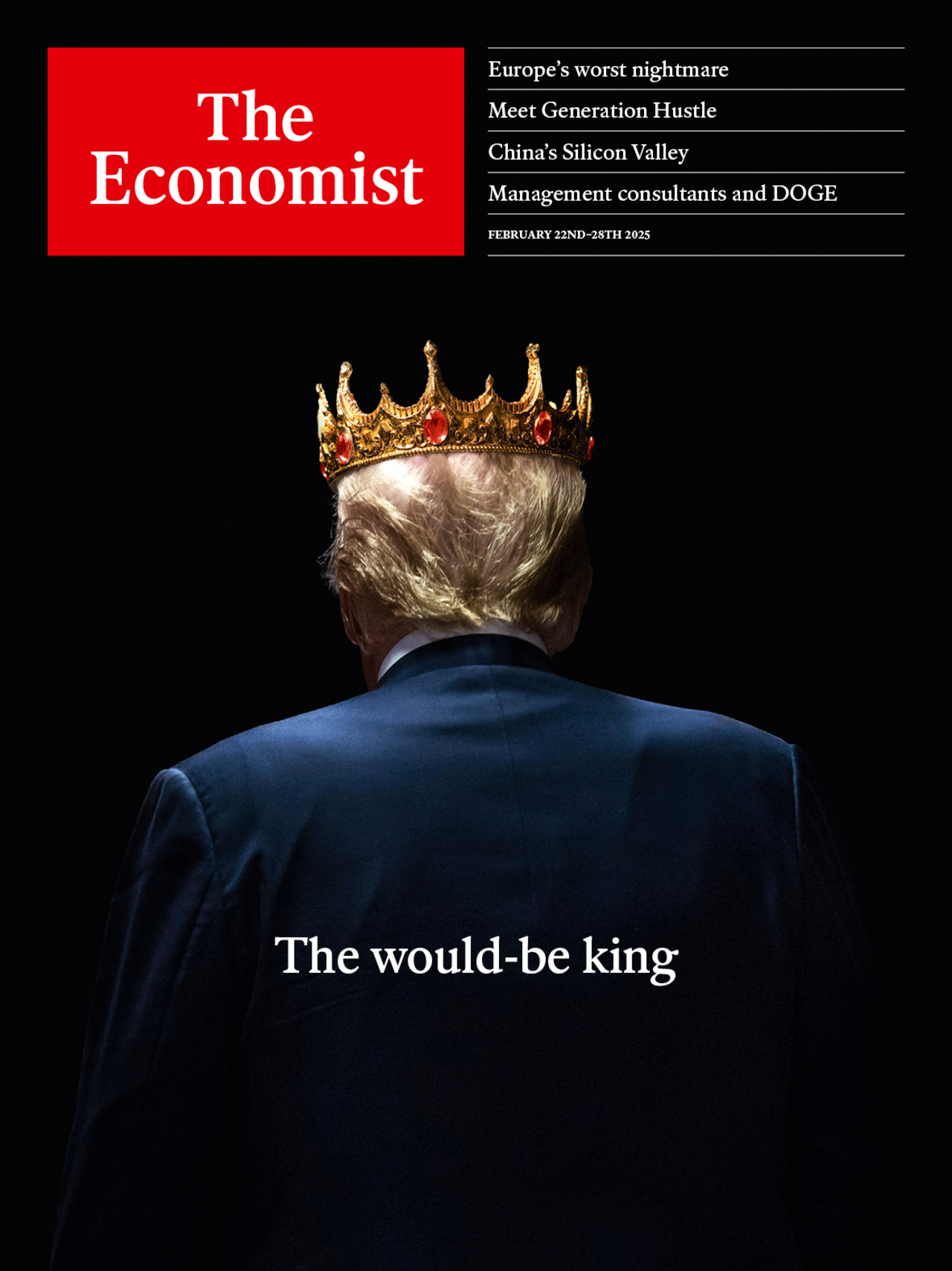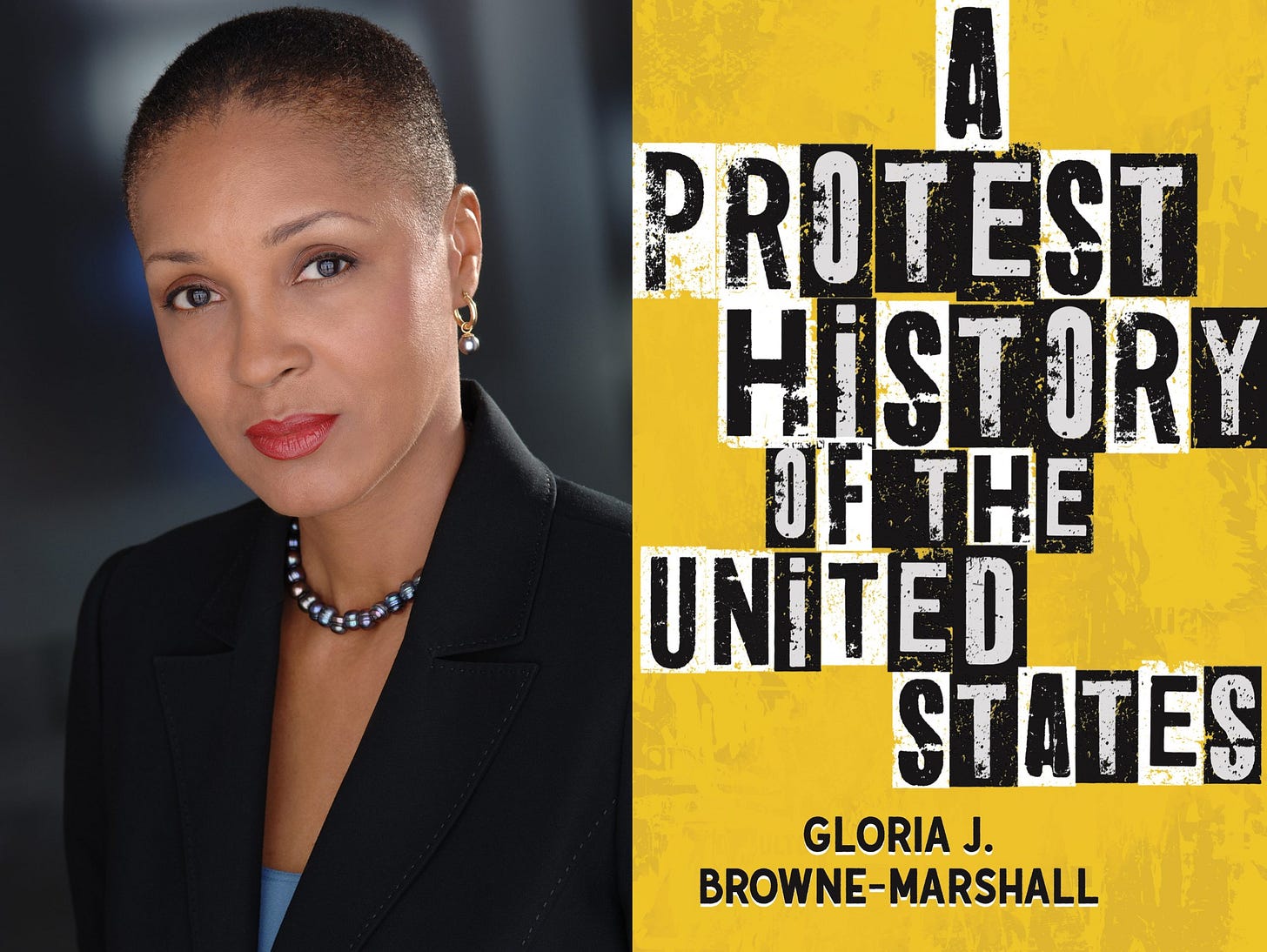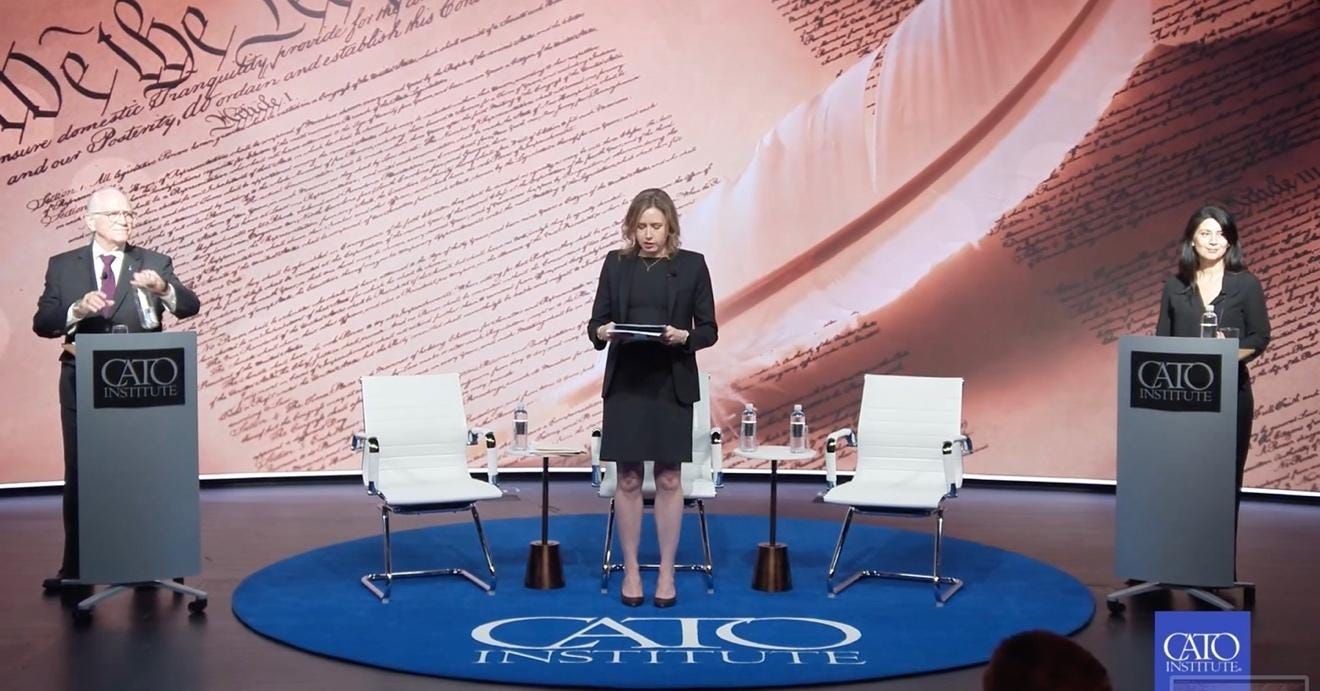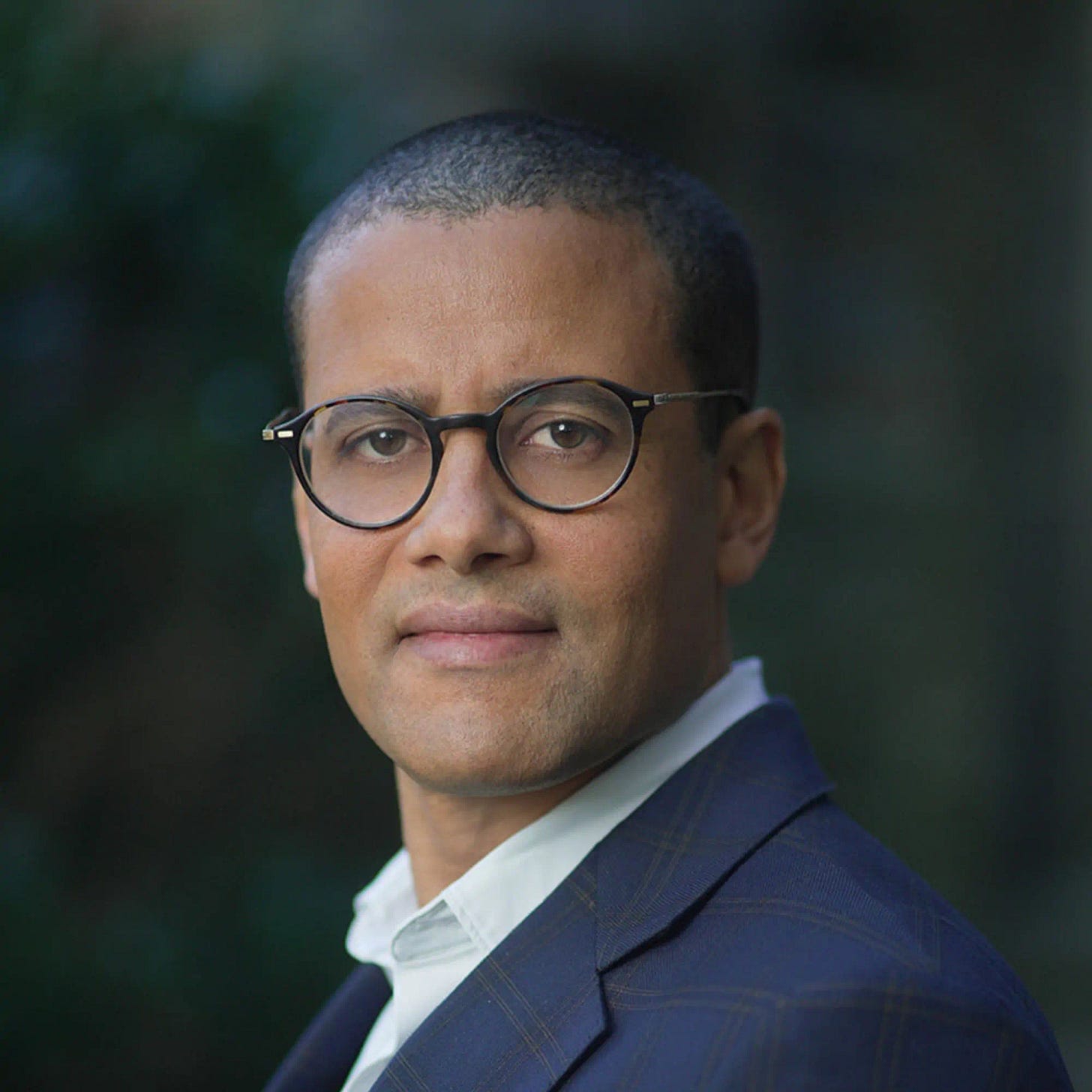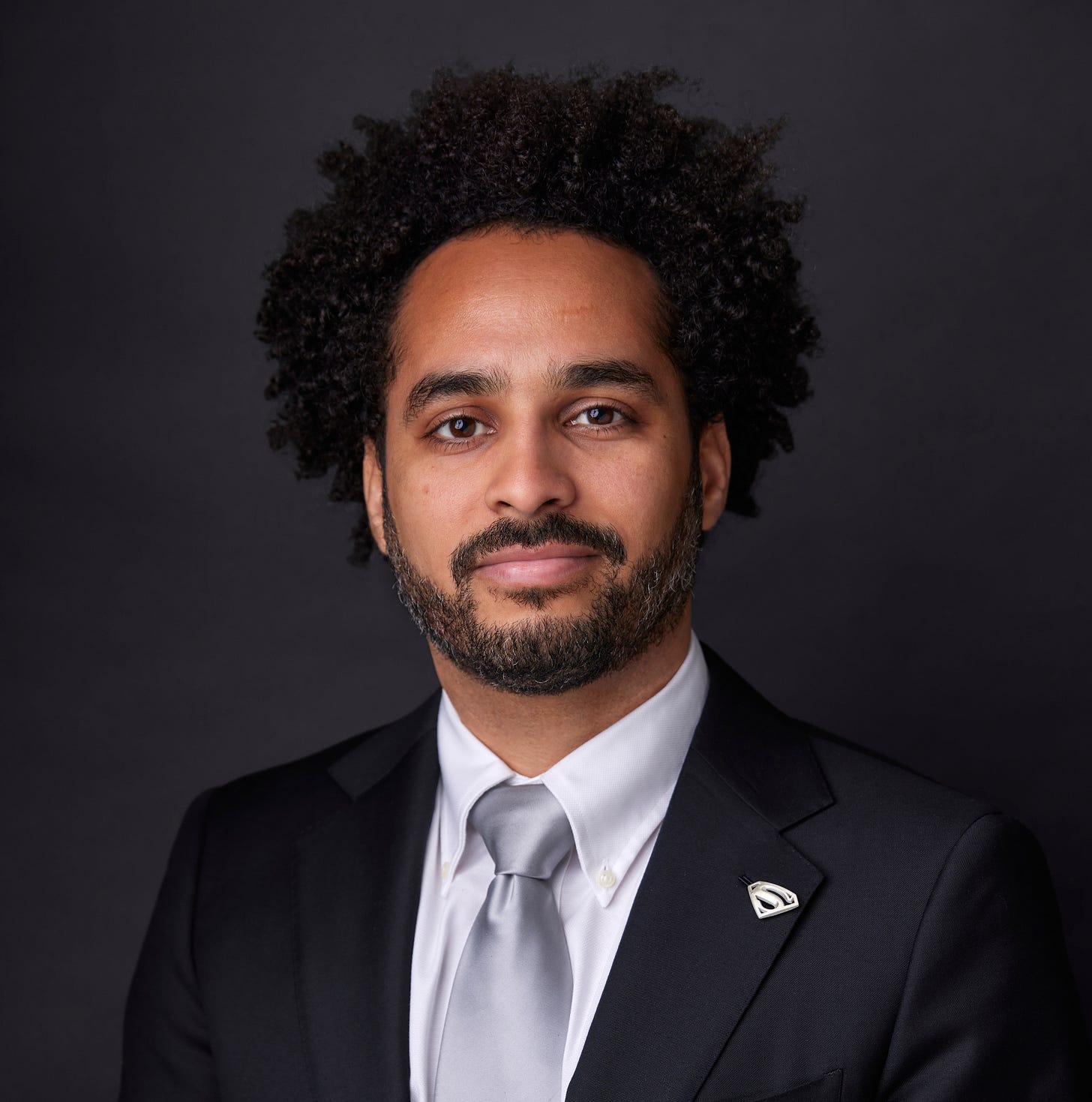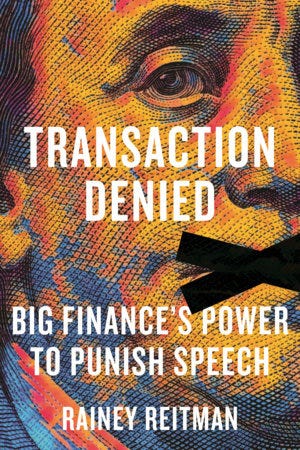‘Paineful’ thoughts on dissent and protests
First Amendment News 490

Tyranny, like hell, is not easily conquered; yet we have this consolation with us, that the harder the conflict, the more glorious the triumph.
The world will be made better by those who refuse to be silent.
In light of the recent “No Kings” nationwide demonstrations, I was drawn, yet again, to thinking about political protests. As I pondered such thoughts, the range of my reflections expanded after I read A Protest History of the United States by Professor Gloria J. Browne-Marshall. And when she spoke at our local library, even more thoughts rushed through my head.
And all of this as I thought of America’s quintessential dissenter, Thomas Paine.
In Common Sense, Paine’s dissident words were calls to revolutionary action. His message echoed in the ears of those eager to rid themselves of the tyranny of monarchical rule. No reconciliation with the King was possible; independence was essential; a republican form of government with wide public participation was vital; and common sense must defeat the lies of loyalists.
The summer soldier, and the sunshine patriot will, in this crisis, shrink from the service of their country; but he that stands it now, deserves the love and thanks of man and woman.
Those inspiring words were penned by Paine in The American Crisis. He despised the very notion of kings and everything they stood for — he tagged kings “crowned ruffians.”
Before Jefferson penned the Declaration and long before Madison authored the First Amendment, Paine was busy crafting Common Sense, a work of revolutionary dissent. He refused to be silent; he refused to acquiesce; and he refused to stand idly by while monarchical tyranny played its hand time and again.
This man who derided the king and all loyalists, at home and abroad, was portrayed by some colonists as dangerously radical. They regarded his proposals for a new form of government as seditious. For John Adams, circa 1805, Paine was a “satyr” begotten by a “wild Boar on a Bitch Wolf,” a man who led “a Career of Mischief.” Others were less kind.
The moral: To dissent is to cut against the established grain, and that can be painful — as America’s revolutionary hero later, after he published The Age of Reason, became an antihero.
Even so, Common Sense ignited a discourse of dissent in the colonies, which ultimately led to the American Revolution. The rest, as they say, was history . . . or was it?
Enter Gloria Browne-Marshall
Like Paine, Gloria Browne-Marshall is a firebrand, and one armed with facts and fortitude. Her latest book, A Protest History of the United States, opens a wide lens into the world of protest in America, turning the pages back some 500 years. “I wrote this book,” she notes, “to give the present generation of protestors a historical tool kit from which to build a movement.” And indeed she does, by way of numerous mind-opening examples ranging from protests by abolitionists to feminists to anti-war activists to environmentalists, among others.
This book is indispensable for those interested in the history of protest and what it portends for the future of freedom in America.
Here are a few passages, among numerous others, that jumped into my mind in search of further reflection:
“Protest is an investment”: Yes it is — a down payment on a better day, a more just world. It is a hope – sometimes against all odds – that the evils of the past and present will end, that justice will find its way back into the fold of life.
“Protest is primal”: We start there after “a long train of abuses and usurpations,” to draw on Mr. Jefferson’s words. It is that overpowering urge to do something, to take action, to step forward when others step back. It is an urge that takes its might from courage.
“The United States is made better when people demand better”: Silence begets despotism, it invites submission, and then feeds on cowardice. The hope of humankind depends on people of conscience speaking out, protesting injustice, and paving the way for the rebirth of freedom.
“Two steps forward and one back is the dance of protest. Patience and persistence are the cornerstones of all social justice victories”: Liberty is not easily won, it is never handed over without struggle, and it demands vigilant devotion. So heed the words of the Bard and take pride if you dare speak out against tyranny:
We few, we happy few, we band of brothers;
For he today that sheds his blood with me
Shall be my brother; be he ne’er so vile,
This day shall gentle his condition:
And gentlemen in England now a-bed
Shall think themselves accursed they were not here,
And hold their manhoods cheap whiles any speaks
That fought with us upon Saint Crispin’s day.
Related
“The White Rose Opposition Movement,” Holocaust Encyclopedia
In 1942 Hans Scholl founded the “White Rose” movement with some of his fellow medical students. Among the White Rose members were Sophie Scholl, Christoph Probst, Willi Graf, and Alexander Schmorell. The “White Rose” movement was one of the few German groups that spoke out against Nazi genocidal policies.
Ronald Collins, “Creative Combat: 10 steps for resistance in an age of crisis and chaos,” Southern Poverty Law Center (May 15, 2025)
Cato event: Franks vs Corn-Revere exchange
“Cato Free Speech Debate: Are Contemporary Understandings of the First Amendment the Best Way to Protect Free Expression in the 21st Century?” Cato Institute (Oct. 21)
Related
“‘Fearless Speech’ and First Amendment Spark Engaging Discussion at Trager Colloquium,” Brooklyn Law School (April 18, 2025)
Enforcement of vendor disclosure requirements blocked by federal court
“Federal Court Blocks Minnesota’s Vendor-Disclosure Law in Victory for Free Speech,” Free Speech Institute (Oct. 20)
In a decisive win for free speech, a federal judge has blocked Minnesota from enforcing its vendor disclosure requirements against grassroots advocacy organizations Minnesota Right to Life and Minnesota Gun Rights. The ruling in the case litigated by the Institute for Free Speech protects the organizations’ ability to engage in political speech without exposing their business partners to harassment and intimidation.
U.S. District Judge Nancy E. Brasel granted the preliminary injunction today, finding that Minnesota’s requirement to publicly disclose vendor names and addresses likely violates the First Amendment. The decision prevents the state from enforcing penalties against the organizations for refusing to identify vendors who help distribute their advocacy messages.
‘We’re extremely pleased with this crucial first victory in our fight to defend the First Amendment rights of grassroots organizations in Minnesota,’ said Institute for Free Speech Senior Attorney Brett Nolan. ‘The court correctly recognized that forcing organizations to paint targets on their vendors’ backs serves no legitimate purpose and only chills protected speech.’
The lawsuit arose after both organizations experienced severe harassment campaigns targeting their vendors. In 2020, activists discovered Minnesota Right to Life’s mailbox vendor and launched a pressure campaign that resulted in the vendor canceling service without warning, causing the organization to lose thousands of dollars and valuable supporter information. Both groups have been ‘deplatformed’ by multiple vendors after their relationships became public.
Related
Bryan Sears, “Judge strikes down provision of digital ad tax as First Amendment violation,” Maryland Matters (Oct. 17)
Review essay: Mchangama on Dabhoiwala
Jacob Mchangama, “Who Has Free Speech? The Global Fight Over a Powerful Idea,” Foreign Affairs (Oct. 21)
When he reentered the White House in January, President Donald Trump insisted that protecting free speech was one of his key missions. On his first day back in office, he signed an executive order called “Restoring Freedom of Speech and Ending Federal Censorship,” which condemned the Biden administration for “trampling free speech rights” and instructed federal agencies to uphold the U.S. Constitution’s First Amendment. But in truth, Trump has likely done more to undermine free speech than any U.S. president since the McCarthy era. In his second term, he has launched spurious personal lawsuits against media outlets, sought to pull funding from universities whose curricula do not meet his preferences, and tried to deport foreign students and academics for political speech.
This campaign took an even sharper turn in mid-September, after the assassination of the commentator Charlie Kirk. The Trump administration used the killing to target a wide variety of actors — military personnel, private individuals and companies, nongovernmental organizations, magazines — for their responses. Trump’s vice president, JD Vance, blamed Kirk’s death on left-wing speech and pledged “to go after the NGO network that foments, facilitates, and engages in violence.” Brendan Carr, the chair of the Federal Communications Commission, boasted on Fox News that the FCC would keep ramping up its efforts to punish outlets the administration disfavors. This campaign took an even sharper turn in mid-September, after the assassination of the commentator Charlie Kirk. The Trump administration used the killing to target a wide variety of actors — military personnel, private individuals and companies, nongovernmental organizations, magazines — for their responses. Trump’s vice president, JD Vance, blamed Kirk’s death on left-wing speech and pledged “to go after the NGO network that foments, facilitates, and engages in violence.” Brendan Carr, the chair of the Federal Communications Commission, boasted on Fox News that the FCC would keep ramping up its efforts to punish outlets the administration disfavors.
The Trump administration has moved with startling speed from trumpeting free speech to seeking to criminalize it. At first glance, that might seem to vindicate the arguments in the historian Fara Dabhoiwala’s new book, What Is Free Speech? The History of a Dangerous Idea. Dabhoiwala believes that the modern obsession with free speech — particularly the American belief that almost any restriction on it threatens democracy — has blinded its defenders to how often that right is invoked cynically in pursuit of antidemocratic ends. In his view, the right to free speech has most often been wielded as “a weaponized mantra” by people motivated by “greed, technological change and political expediency” rather than as a principle invoked sincerely to restrain tyranny…
Related
Daniel Bessner and Derek Davidson, “The Myth of Free Speech,” The Nation (Oct. 21)
Volokh on Viewpoint diversity requirements
Eugene Volokh, “‘Viewpoint Diversity’ Requirements as a New Fairness Doctrine,” George Mason Law Review (Oct. 10)
The Trump Administration has been trying to attach “viewpoint diversity” mandates to federal funding, especially for universities. This Essay analyzes the parallels between these new proposals and a much older one: the Fairness Doctrine.
The arguments for both are similar, though of course not identical: The claim is that, when the government is (1) distributing benefits—whether access to scarce spectrum, or scarce grants and other federal funds— (2) it may attach viewpoint-neutral conditions that aim to (3) make the benefits promote a wide range of opinion, rather than leaving it entirely to the beneficiary to choose which opinions it promotes.
“It is the purpose of the First Amendment,” the theory goes, “to preserve an uninhibited market-place of ideas in which truth will ultimately prevail, rather than to countenance monopolization of that market, whether it be by the Government it- self or a private licensee.” Lawyers who want to argue in favor of the constitutionality of viewpoint diversity mandates may thus get some help from Red Lion Broadcasting v. FCC, which upheld the Fairness Doctrine against constitutional challenge. But the arguments against the Fairness Doctrine—ultimately accepted by the Reagan Administration’s FCC in 1987, when it rejected the Doctrine —are also powerful arguments against viewpoint diversity mandates. Both the Fairness Doctrine and viewpoint diversity mandates tend to deter the targeted institutions (whether broadcasters or universities) from allowing controversial speech, or hiring or admitting controversial speakers. And both, unlike nondiscrimination mandates, are inevitably viewpoint-discriminatory in application.
Angel Eduardo on Rubio deporting noncitizens for exercising free speech
Angel Eduardo, “EXPLAINER: Why Marco Rubio’s arguments for deporting noncitizens for speech are wrong,” FIRE (Oct. 21)
Since March, Rubio and the Trump administration had been detaining and attempting to deport legally present noncitizens for protected speech — including writing op-eds and attending protests — because they disliked that speech.
To do it, they invoked two provisions of the Immigration and Nationality Act: one that allows the secretary of state to initiate deportation proceedings against any noncitizen for protected speech if the secretary “personally determines” the speech “compromises a compelling foreign policy interest,” and another that enables the secretary of state to revoke the visa of any noncitizen “at any time” for any reason.
This, as FIRE has argued, is unconstitutional. Noncitizens in the United States have First Amendment rights, and Rubio’s use of these provisions not only violates those rights, but also showcases why the two provisions are unconstitutional and must be struck down to the extent they allow adverse immigration action based on protected speech.
Related
Tim Zick, “Why We Should Protect the Lawful Speech of Noncitizens,” Thoughts on the First (Oct. 16)
Forthcoming book on ‘financial censorship’
Rainey Reitman, “Transaction Denied: Big Finance’s Power to Punish Speech,” Beacon Press (April, 2026)
Exposes how companies like Visa, Chase, PayPal, Bank of America, and Mastercard use their power to silence dissenting voices and hurt democracy through the practice of financial censorship.
Civil liberties activist Rainey Reitman introduces readers to the concept of “financial censorship” — a form of privatized censorship where banks and payment intermediaries act as censors in ways the government couldn’t do directly without violating the First Amendment. Reitman examines financial companies and the role they have played in policing speech, as well as the laws and corporate policies that have enabled this form of censorship.
Weaving together over a decade of research with interviews and narratives from those personally impacted by financial censorship, Reitman reveals how financial exclusion has become a tool to pressure marginalized voices into silence.
From the executive director of a voting rights nonprofit to a teacher of Iranian poetry, to adult content creators and the cannabis community, Reitman uplifts the voices of those who have been targeted by these powerful institutions. She uses their stories as a launching point to explore larger issues about who should have the power to censor in a democratic society.
Insightful and fresh, Transaction Denied exposes this new and alarming form of censorship and offers a path forward by advocating for communities affected by financial exclusion and calling for more transparency of our financial systems.
So to Speak podcast on foreign authoritarian influence on American higher education institutions
“Authoritarians in the Academy,” So to Speak (Oct. 15)
FIRE Senior Scholar Sarah McLaughlin discusses her new book, Authoritarians in the Academy: How the Internationalization of Higher Education and Borderless Censorship Threaten Free Speech.
More in the news
Cate Charron, “As Tucker Carlson visits IU, where’s the line between freedom to speak and freedom to hear?” Indy Star (Oct.21)
“Appeals court backs Mich. school in banning ‘Let’s Go Brandon’ shirts,” Free Speech Center (Oct. 21)
Jacob Gaba, “Heckler’s veto at the turnstiles,” FIRE (Oct. 21)
Ben Schwartz, “History’s Lessons for the Second Committee for the First Amendment,” The Nation (Oct. 20)
“Indiana University Fires Student Newspaper Adviser Who Refused To Block News Stories,” First Amendment Watch (Oct. 20)
Susanna Granieri, “The Knight Institute’s Ramya Krishnan on the Trump Administration’s Unconstitutional Targeting of Noncitizen Speech,” First Amendment Watch (Oct. 17)
Ed Pilkington, “‘Free speech for me, not for thee’: how Trump’s censorship blitz is splitting the right,” The Guardian (Sept. 27)
2025-2026 SCOTUS term: Free expression and related cases
Review granted: six cases
Chiles v. Salazar (argued: Oct. 7)
Olivier v. Brandon (to be argued Dec. 3)
First Choice Women’s Resource Centers, Inc. v. Platkin (to be argued Dec. 2)
National Republican Senatorial Committee v. Federal Election Commission (to be argued Dec. 9)
Pending petitions
Petitions denied
Last scheduled FAN
This article is part of First Amendment News, an editorially independent publication edited by Ronald K. L. Collins and hosted by FIRE as part of our mission to educate the public about First Amendment issues. The opinions expressed are those of the article’s author(s) and do not necessarily reflect the opinions of FIRE.



